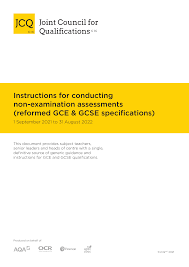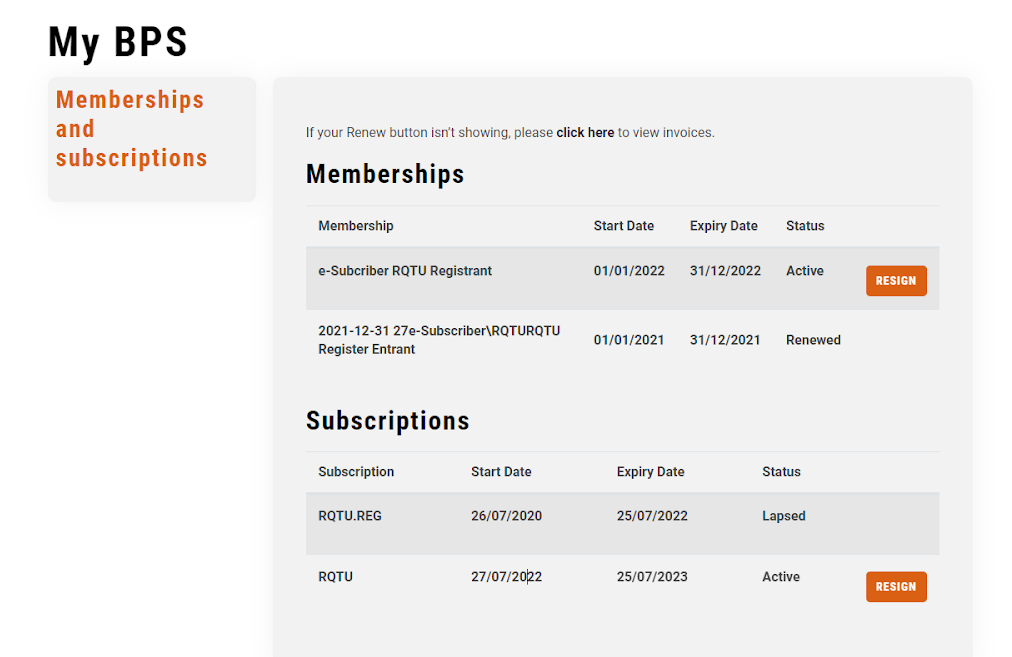Louise has implemented process, policy and assessment for Exam Access Arrangements for 15 years.
What are Exam Access Arrangements (EAA)
Within the English Curriculum Exam systems, schools are able to provide students with accommodations to support them when sitting end of unit assessments, or formal examinations in senior years. Accommodations are changes to the way young people sit exams, such as, a reader, extra time or on a laptop.
Which Regulations does this fall under?
Louise has studied, and is qualified in supporting learners under the Joint Council for Qualifications (JCQ). The JCQ website is: https://www.jcq.org.uk/exams-office/access-arrangements-and-special-consideration/
Who?
Students with a requirement for additional educational needs, including those with, or without, a formal identification of Physical, Social, Emotional or Special Need are identified as potentially able to receive Exam Access Arrangements (EAA). All students within these categories may be assessed for EAA after discussion with all stakeholders (school, parents, therapists).
What are they?
There are many accomodations available such as laptop, additional time, reader, scribe.
Why?
Accommodations are put into place to enable a student equal and fair opportunity to access formal examinations, in line with their peers. Students with specific learning barriers are disadvantaged by standard exams and EAA rectifies these challenges providing equity.
How do you proceed?
Drop Louise a message on 056 261 6241 or Louise@LouiseDawson.Com



How?
Year 7 to 9 the Head of Inclusion / SENCo can grant internal EAA based on their expertise and experience. External documentation is not always required. They are agreed following student, parent, teacher, leadership and therapist input (where appropriate).
Year 10-13 to be eligible for EAA during formal external assessments students much reach a certain criteria during Year 9.
All students who require EAA in Year 10 – 13 must be formally assessed. Assessment can be completed by an Educational Psychologist or a Specialist Assessor. Louise Dawson is a Registered Qualified Test User and Specialist Assessor; registered with the British Psychology Society in the UK. Membership Number RQTU 523138
The decisions on these assessments is taken through consultation with student, parent, teachers and the Inclusion Team and a known history of need.
Parents should not seeking external validation from therapists without consultation of the Inclusion Team. Not all external validation is recognised by the UK Exam Boards. Louise Dawson’s qualifications are recognised by the UK Exam Boards.
Schools should reduce the anxiety and expense to the family surrounding external assessment and will support and advise of different options and costs appropriately.
Normal Way of Working
The UK Examination Boards require schools to keep a record of the EAA taken by a student throughout their academic career in order to prove that this is a student’s “normal way or working”. For example, if a student is allocated EAA of a laptop but then does not use it the right to use needs to be removed.
Student’s right to EAA
A student in Year 7-9 is deemed old enough to decide upon their use of EAA. Schools should be committed to ensuring that students understand their rights and will make appropriate recommendations.
It is common for Year 7-9 students to refuse their support and their decision has to be complied with. The inclusion team will work closely with the student on an ongoing basis and it is our experience that by the time the student really ‘needs’ the EAA they often request it.
It is never too late for a student to return to their EAA.
Process for Year 10 – 13
-
- Students with potential need for EAA identified
- Parent, Student, Teacher and Inclusion Team Consultation
- Review for EAA Assessment
- EAA Assessment completed (internally or referred externally)
- EAA Report completed
- Parent and Student consultation and agreement
- Data Protection Form signed by Parents (or student over 18)
- JCQ / Exam Board Paperwork (Form 8) completed by School
- Application submitted to the UK JCQ / Exam Boards
- Approval Received
- Separate EAA file created within School
- Evidence of History of Need, Normal Way of Work and Use compiled
- Ongoing information about the use of EAA throughout Yr 10 and 11, 12 and 13
- Application of EAA to all internal, external, formal and informal assessments – teachers informed and documented
- EAA granted and implemented free of charge for GCSE Examinations at the end of the year
- Students changing school between Year 11 and 12 will need to be reassessed. If staying in the same school reassessment is not necessary.
